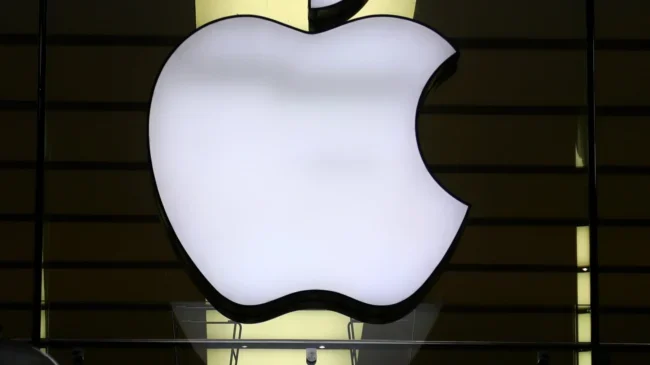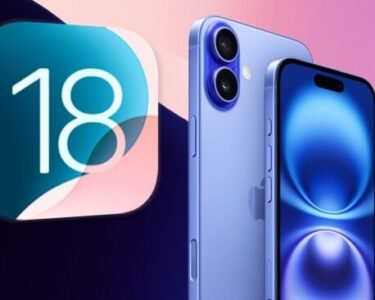Apple AI Lawsuit: Company Faces Legal Action Over Delayed AI Features
Apple is now facing a major legal battle over delayed AI features in its iPhone 16 lineup. The Apple AI lawsuit, filed by Clarkson Law Firm, accuses the company of false advertising, unfair competition, and misleading consumers about the artificial intelligence capabilities of its latest iPhones.
Despite heavy marketing around Apple Intelligence, many AI-powered features—such as an upgraded Siri and enhanced app automation—have yet to be released, leading to frustration among consumers. With Apple struggling to meet its own deadlines, this lawsuit raises critical questions about corporate transparency and product claims in the AI-driven era.
Apple AI Lawsuit: Why Is Apple Being Sued?
1. False Advertising Claims Over AI Features
At the core of the Apple AI lawsuit is the claim that the company overpromised and underdelivered on its AI features for the iPhone 16.
📌 Key Allegations in the Lawsuit:
✔ Apple heavily marketed AI features that were not ready for public use.
✔ Customers paid premium prices expecting advanced AI capabilities, but those features are still unavailable.
✔ Apple knowingly misled buyers by launching products without the promised AI functionality.
The lawsuit is spearheaded by Peter Landsheft, who argues that Apple’s promotional campaigns created false expectations among consumers.
2. What AI Features Were Promised But Not Delivered?
Apple introduced its Apple Intelligence initiative at the 2024 Worldwide Developers Conference (WWDC), positioning the iPhone 16 as an AI-powered device. However, many of the headline features remain missing.
🚀 AI Features Still Not Available:
✔ Enhanced Siri with better contextual understanding.
✔ AI-driven automation across apps.
✔ Advanced on-device AI processing for improved performance.
✔ Real-time AI-generated responses for messaging and emails.
While Apple initially planned to roll out these features with iOS 18.4, delays have pushed them further into late 2025 or even 2026.
3. Apple’s Response to the AI Lawsuit
Apple has responded to the lawsuit by denying any wrongdoing, stating that AI feature rollouts require time and testing.
📢 Apple’s Official Statement:
“We are committed to delivering the best AI experience possible, and our teams are working hard to ensure that Apple Intelligence meets our high standards for quality and user experience.”
However, industry experts believe that Apple’s AI roadmap was overly ambitious, leading to internal development struggles.
4. How the Apple AI Lawsuit Affects Consumers
For Apple users, this lawsuit raises concerns about:
💰 Misleading Product Expectations – Customers who bought the iPhone 16 expecting cutting-edge AI now feel misled.
📅 Delayed Software Updates – The wait for Siri improvements and AI automation continues.
⚖ Potential Compensation – If Apple loses the lawsuit, affected users may receive refunds or other compensation.
If the case gains traction, Apple may face stricter regulations on how it advertises new features, ensuring more transparency in the future.
5. What’s Next for Apple AI and the Lawsuit?
The legal battle is still in its early stages, but the outcome could shape how tech companies market AI features moving forward.
🔮 Possible Outcomes of the Apple AI Lawsuit:
✔ Apple may be forced to accelerate AI feature rollouts.
✔ The company could offer compensation to affected users.
✔ Stricter advertising regulations may be imposed on Apple.
✔ Apple might revise its AI marketing strategies to avoid future lawsuits.
With the rise of AI in smartphones, this lawsuit highlights the importance of delivering on promises rather than overhyping technology before it’s ready.
Final Thoughts: Will Apple Overcome the AI Lawsuit?
The Apple AI lawsuit is a wake-up call for the tech industry, reminding companies that marketing claims must align with actual product capabilities. While Apple remains one of the biggest innovators in AI, this legal battle could slow down its AI expansion and impact consumer trust.







